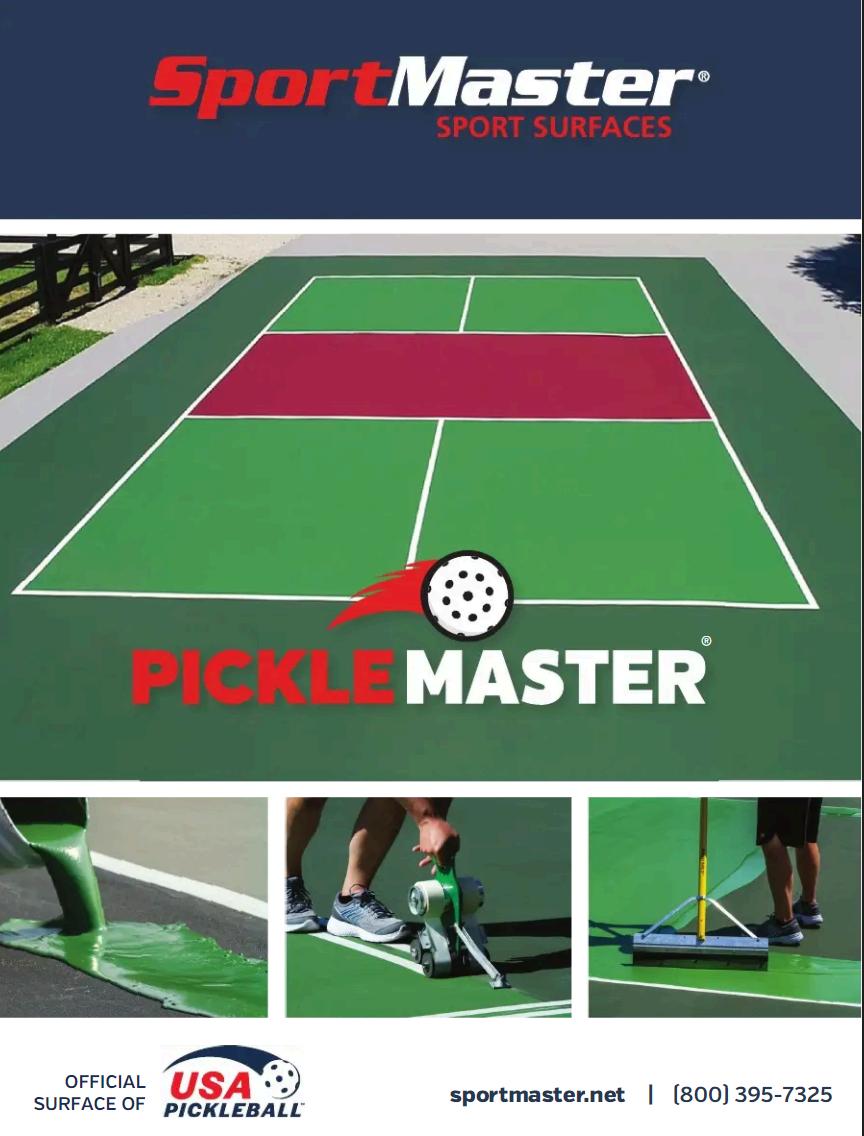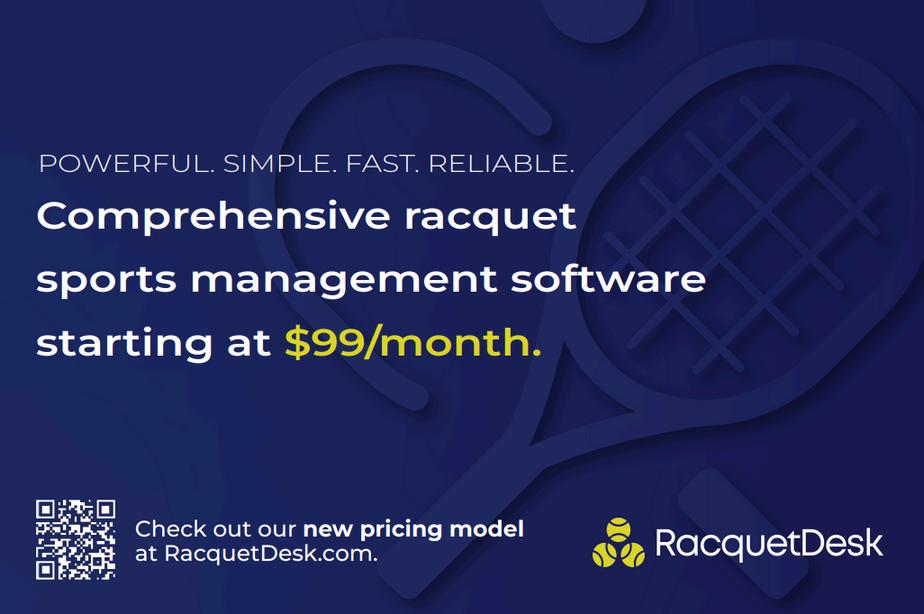YYANKEE ANKEE PPROSE ROSE





Division President: Lisa Wilcott metennis@comcast.net
Regional Vice President: Milan Kubala stowemiles@gmail.com
Treasurer: Christy Bennett bennett@newengland.usta.com
Secretary: Wilbur Shardlow shardlowtennis@roadrunner.com
Vice President: Kristen Gerety kdgerety@icloud.com
Vice President: Mike Hill michael hill@alumni.brown.edu
Past President: Mike Kolendo mkolendo46@gmail.com

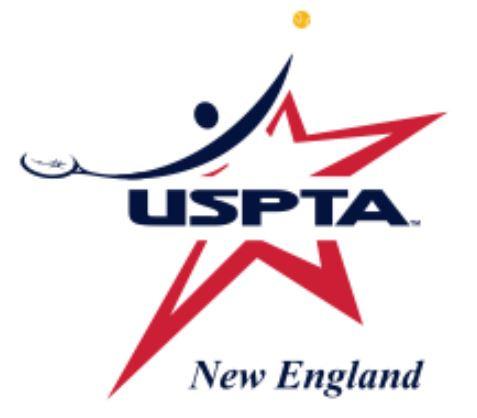
NE Executive Director: Pam Dodman pamela.dodman@uspta.org
Hello fellow USPTA members, I hope everyone is off to a great start to the busy summer tennis season. I just wanted to send a quick note to thank the USPTA New England Teaching Professionals, Tennis Directors, YMCA Recreation Departments, USTA NE and NJTL Representatives, USPTA NE State Presidents and everyone that attended our annual USPTA New England Annual Summit held at the International Tennis Hall of Fame in May. We had great representation from all over New England, and it was a big success with over 65 attendees. There was a good amount of time to network, learn and connect with other members and speakers during the two-day event.
Tom Gullikson, Patrick McEnroe, Chuck Gill, Jorge Capestany, and Tracy Almeida-Singian were amazing speakers on and off the court. Of course it was a special occasion to have Brian Dillman, USPTA CEO and Trish Faulkner, USPTA President attending our conference in Newport Rhode Island and spending quality time with our members. The final event of the conference was the opportunity to play on the grass courts. That was an outstanding experience and benefit for all levels of players among our fellow members. A sincere thank you to our hard-working and dedicated Board of Directors, The International Tennis Hall of Fame and Tennis Director, Bill Mountford for making this event such a special event for all.
The USPTA World Racquets Conference will be held In Rancho Mirage CA, September 15th - 19th. There is an impressive array of speakers and there will be many opportunities for learning, networking, and activities held during the conference. There will be a battle of the divisions, so let’s gather our New England friends and have a fun competition. We want our New England members to attend the World Conference in California in September, so we are offering 7- $500 “Scholarships” to members who have not received a scholarship in the past 3 years. Make sure you register for the conference early (by July 15th) to take advantage of the early bird discount. Stay tuned as we will be emailing more info about the conference activities this summer.

Please

Lisa Wilcott USPTA
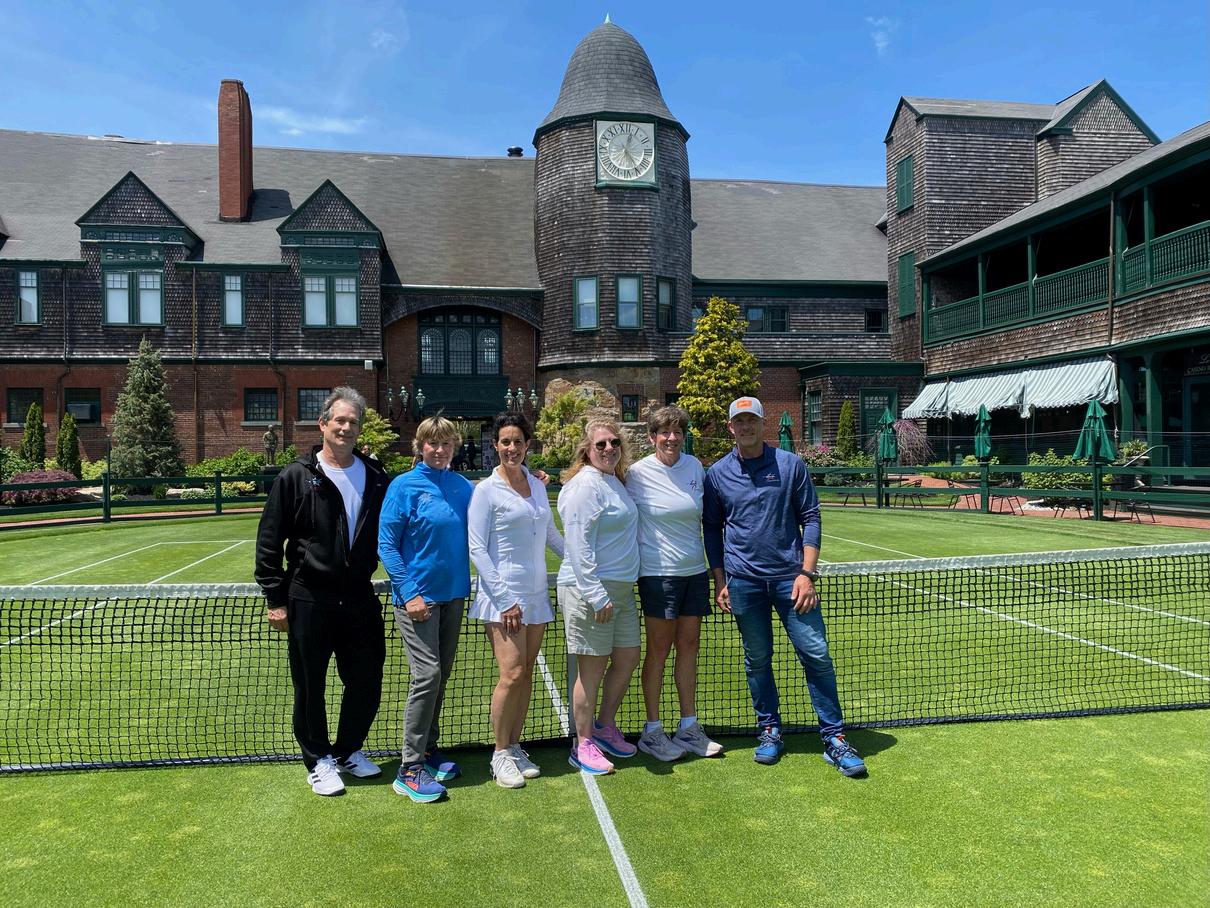
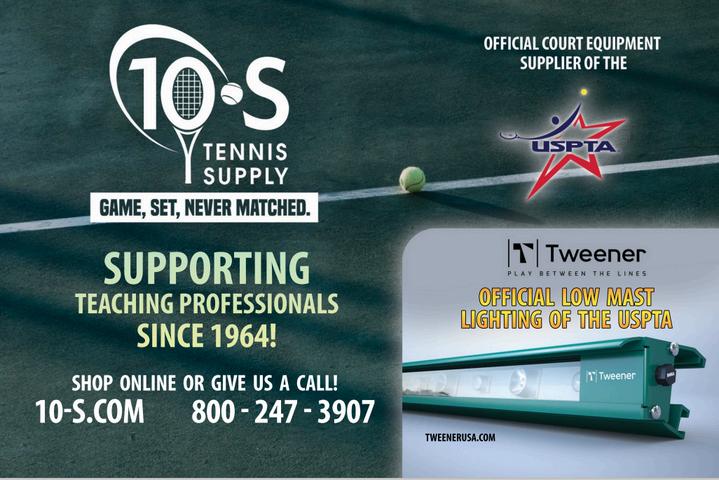




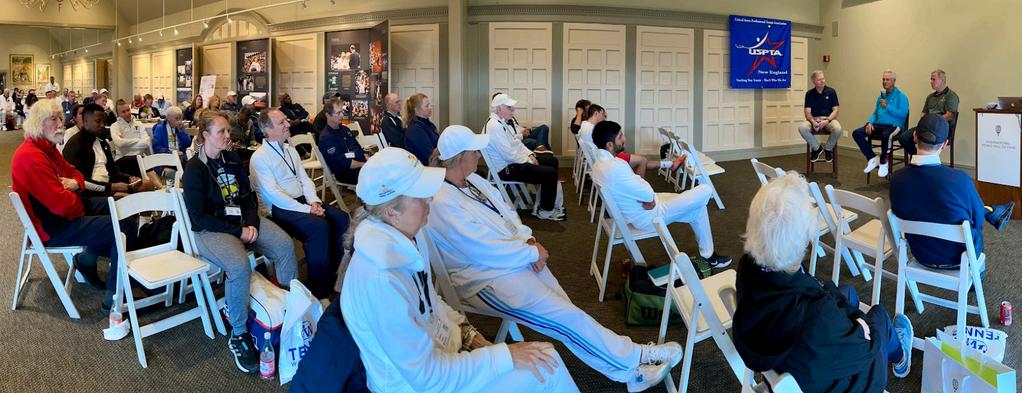
Thank you to the International Tennis Hall of Fame for kindly hosting our 2024 USPTA New England Annual Summit. Despite the rain on the first day, the conference went very well. We had nationally renowned speakers such as Patrick MacEnroe, Tom Gullikson, Jorge Capestany, Chuck Gill, and Tracy Almeida-Singian. We had 80 participants including coaches, speakers, and trade show vendors. We also had Brian Dillman (USPTA CEO) and Trich Faulkner (USPTA National Board President) in attendance! The conference ended on a beautiful day with a chance to play on the immaculate grass courts!!

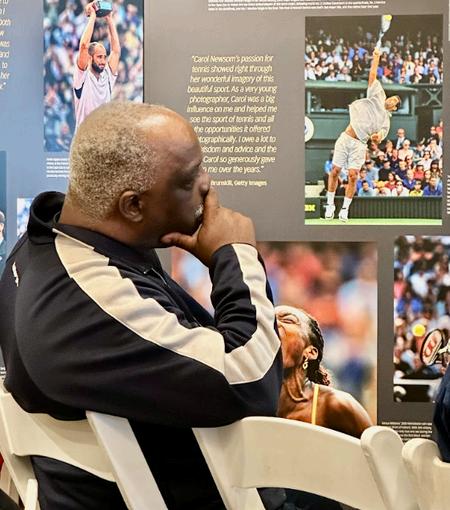
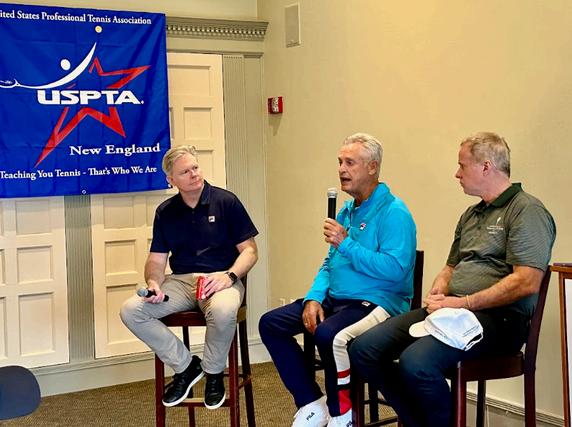
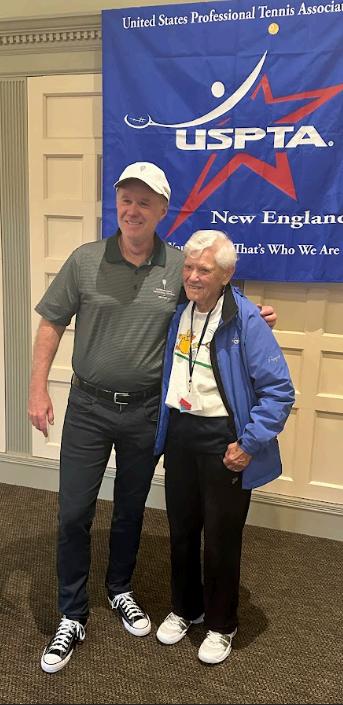


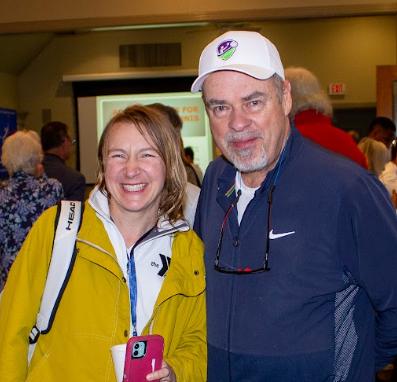




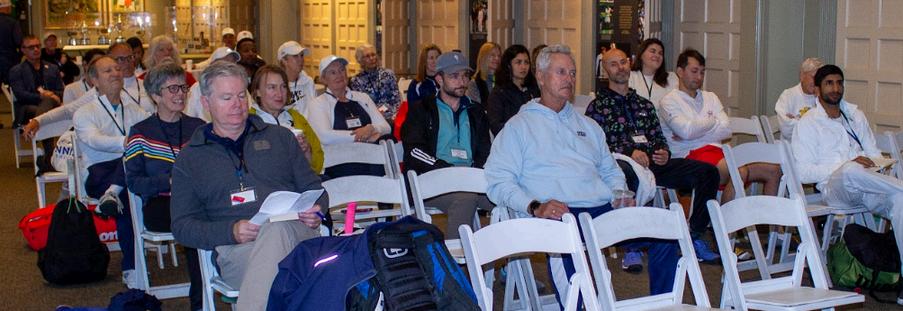
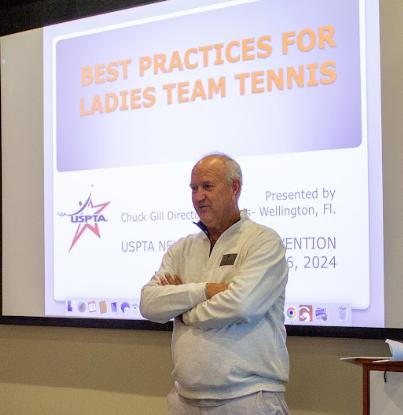
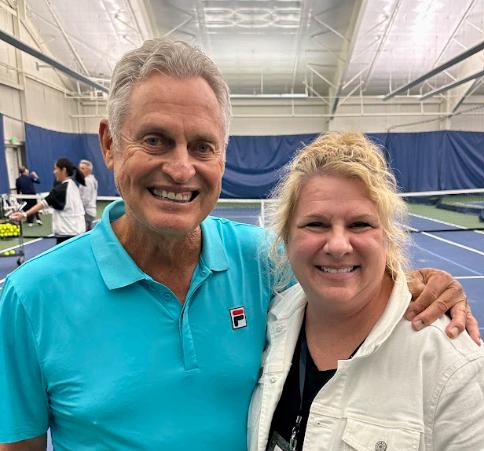


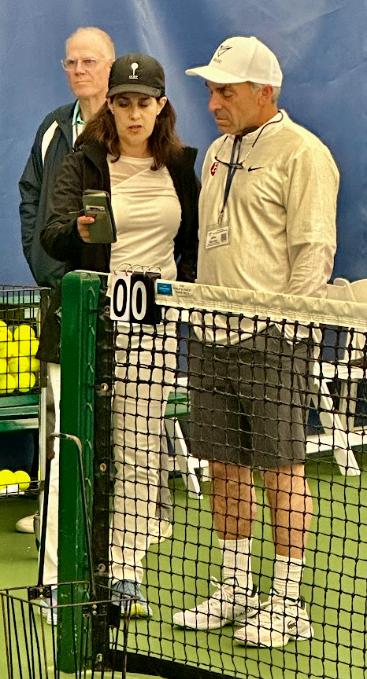
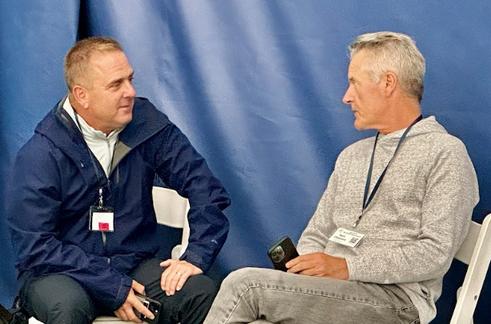
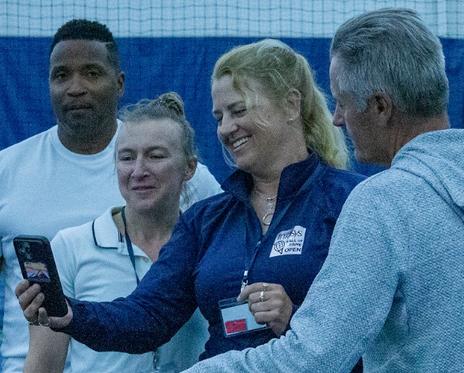

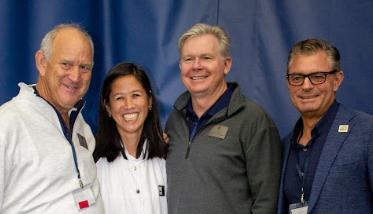
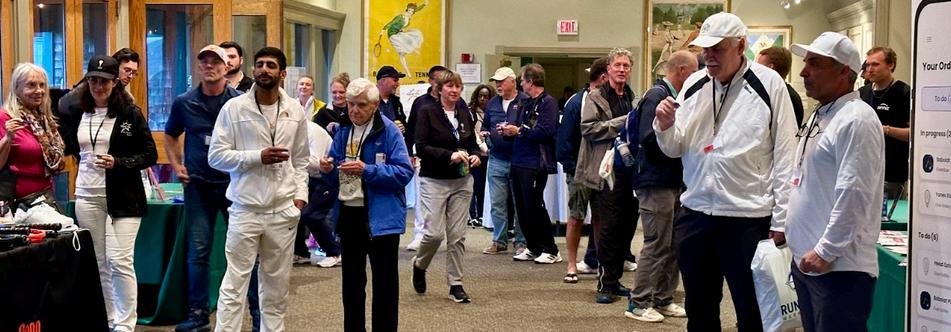
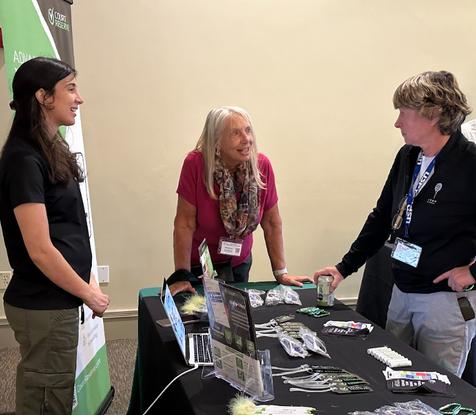

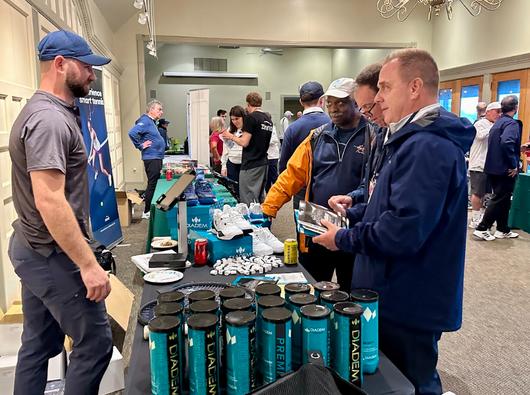
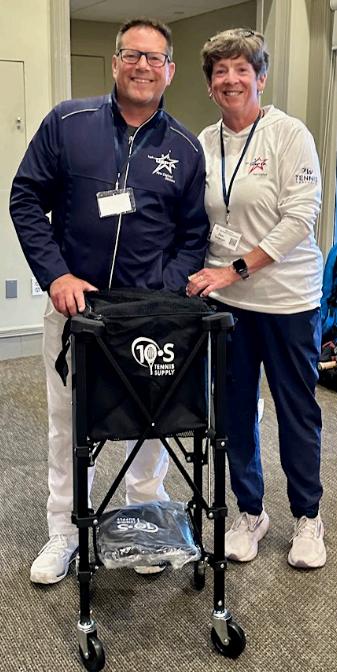
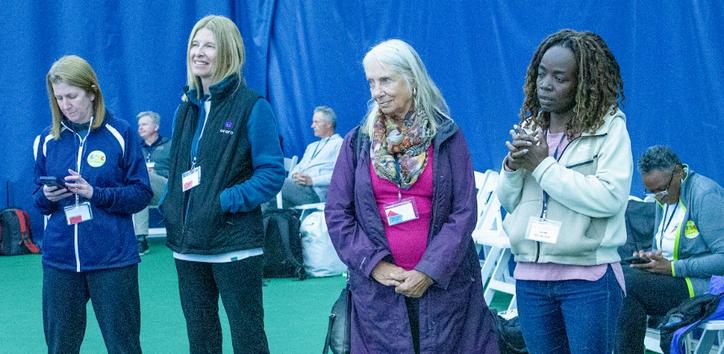
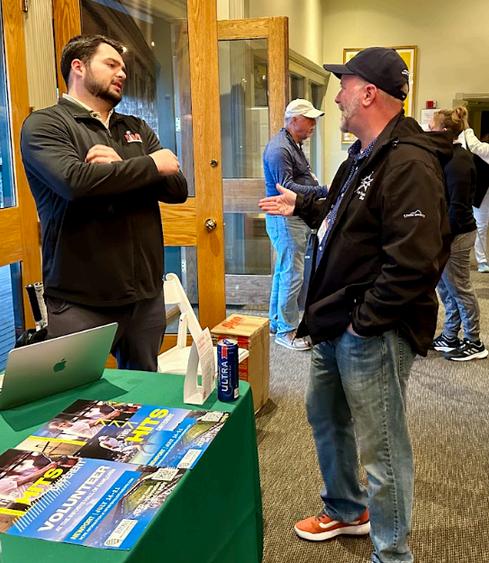

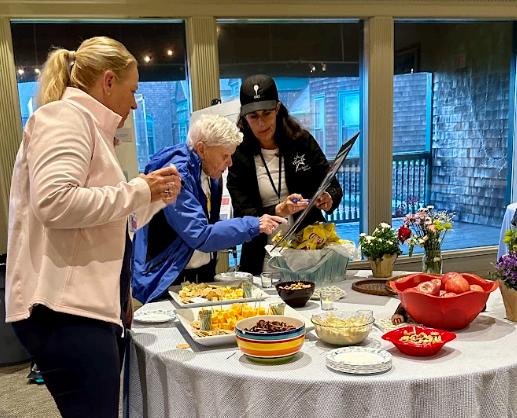
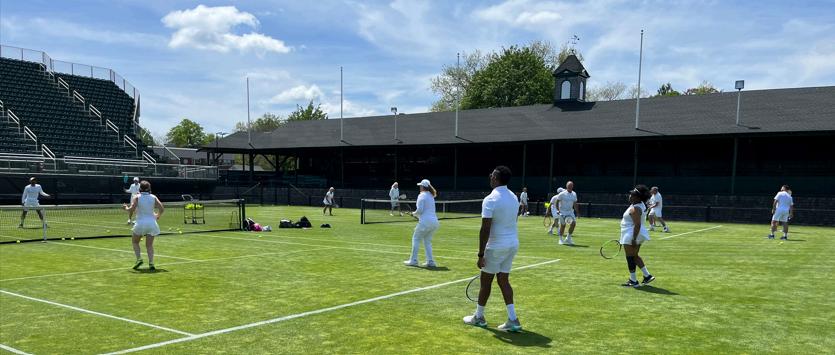
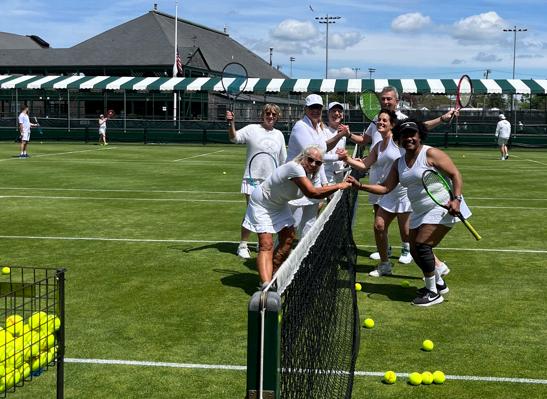

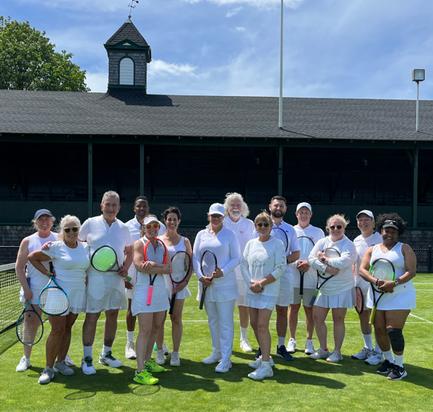

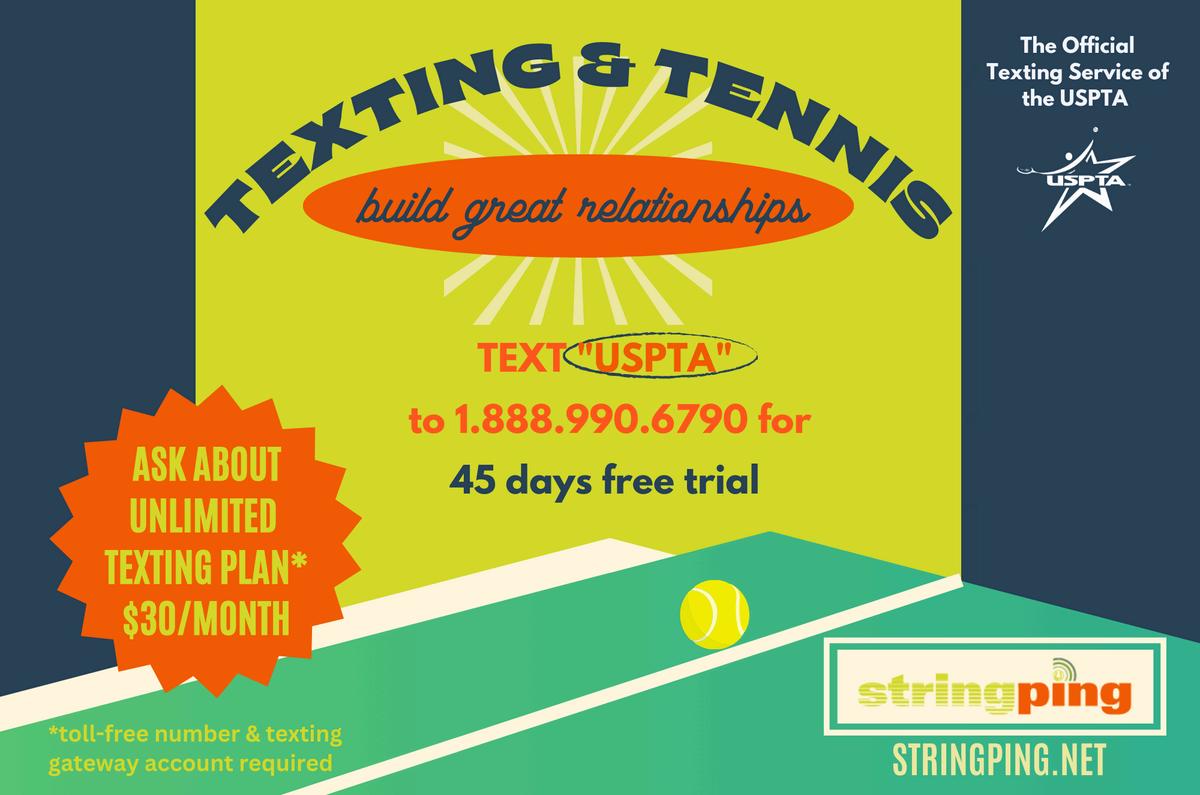


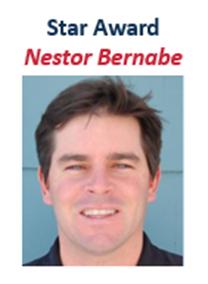
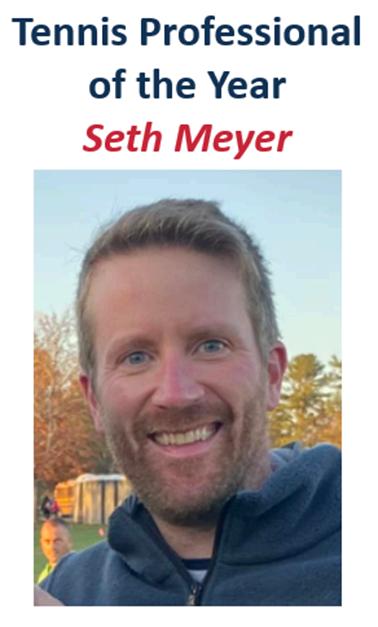
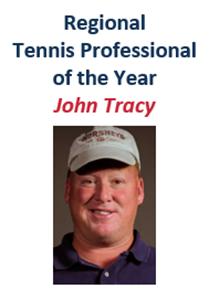

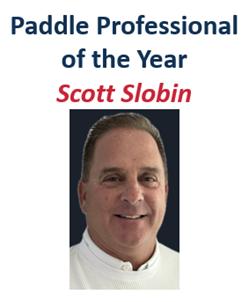

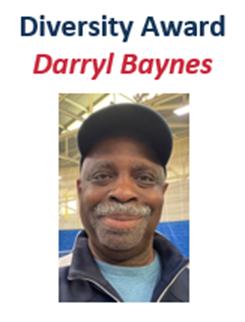
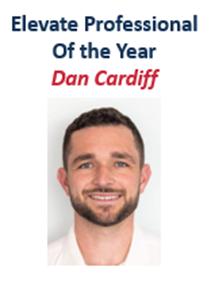

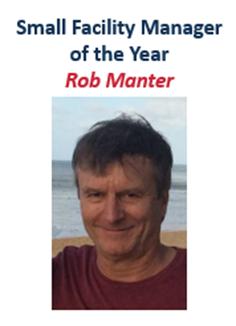
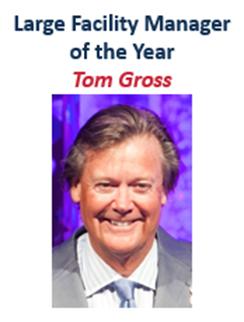
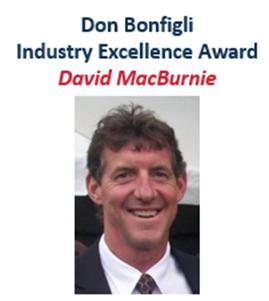
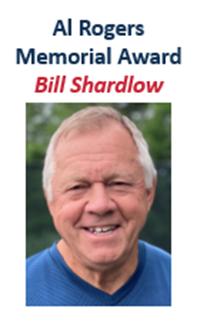
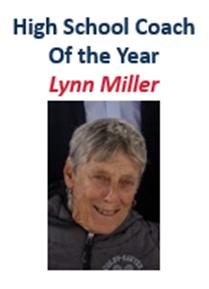



I’m pleased to serve as the new Rhode Island USPTA president. I live in North Kingstown and am entering my fifth summer as Tennis Director at the Conanicut Yacht Club in Jamestown. I’ve been teaching tennis my entire adult life, largely in a seasonal capacity, at clubs in and around New England. During the school year I teach English at Rhode Island College (RIC) in Providence.
Over the years that I’ve worked these two teaching jobs, I’ve met a number of tennis professionals and coaches who are also college professors or school teachers. I’ve often wondered if, like me, they have found parallels between learning in the classroom and learning on the court. Teaching English is in some ways similar to teaching tennis in the sense that people tend to specialize in certain areas. My specialty is writing. Over time I’ve found some interesting parallels between learning to write well and learning to hit a tennis ball effectively. The one I’d like to talk about today has to do with practice.
At RIC we have many students who struggle with writing. As such, they do as little of it as possible. But writing, like tennis, is absolutely the sort of activity where in order to get good (or even just proficient), you have to practice And practice doesn’t usually come when you’re writing a highstakes paper or an in-class essay for a test. Rather, it comes in more low-stress situations, when there’s less on the line and you can try new approaches, make mistakes, and fail (but learn). Surprisingly, many teachers, even English teachers, don’t provide opportunities for the

kinds of writing practice that will help students improve and grow. And not surprisingly, students who struggle rarely take the initiative to work at writing on their own.
When it comes to tennis I see parallels. Like my writing students, many recreational tennis players don’t practice. When they step foot on a tennis court it’s usually to play a match, often doubles. I would liken this to a student writing a formal paper or taking a high-stakes essay exam. It’s not the time to try new approaches, make mistakes, and fail (but learn) because failure will mean losing or, at the least, disappointing your partner and possibly embarrassing yourself. Rather, match time is when you stick with what you know, play to your strengths, and go with what works.

Now it’s true that recreational tennis players do sometimes participate in clinics and some even take private lessons. Both are important opportunities to improve, but I’m not sure I would call either practice. Practice, ideally, is what happens after the clinic or lesson is over. Ideally it’s self-initiated. It’s when a player works with another player, a ball machine, or even a backboard to hone the skills they’re trying to learn. It’s focused, structured, and repeated. It’s how you get better.
In recent years I’ve come to accept that few of my writing students will self-initiate practice, so I’ve made it my job to build it into the daily work of class. Increasingly, I’m coming to think of my work as a tennis teacher similarly. In clinics and lessons I find myself spending more and more time facilitating students’ practice because I know it’s unlikely that they’ll do much of it when I’m not around. Practice on the tennis court, I’ve found, usually means less talking and definitely less feeding and more rallying--me rallying with them, them rallying with each other. I’m always on the lookout for new drills and games where the focus is the rally--from the baseline, at the net, for points, not-for-points. Sure, I try to get in some direct instruction when I can, but mostly I’m focused on facilitating touches on the tennis ball between players of similar skill and ability.
Working as a seasonal tennis instructor has its pros and cons, but I can say that one advantage is the chance to observe how people learn in different settings. Whether it’s writing clear and concise sentences or striking a backhand groundstroke cleanly, both require practice of
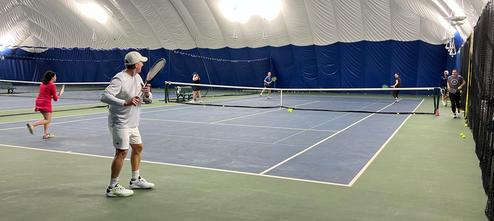
the sort that many students don’t make the time for on their own Since it’s our job to help them improve I think that building practice into our admittedly limited time with them in the classroom and on the court is important. In this I draw wisdom from my writing mentor Donald Murray, who asked how we can motivate students to engage in the demanding and challenging process of writing knowing that they won’t do so if left to their own devices. You do this, Murray explains, “First by shutting up. When you are talking [the student] isn’t writing. And you don’t learn a process by talking about it, but by doing it.”
Murray’s words apply as much to tennis as to writing. If our students can’t (or won’t) find the time to practice tennis on their own, I think we can build the time for “doing it” into our lessons. And since many of us love to talk (myself included!) Murray's words are a reminder, as well, to keep the chit chat to a minimum. If we’re talking they’re not hitting and you don’t learn a process by talking about it, but by doing it.


USPTA New England held its second Level 2 Workshop in Simsbury, CT at the Racquets For Life Tennis Club. Once again, a strong group of professionals attended! We had eight total attendees, three were new applicants: Fahoum Fahoum, Ryan Schuck, and Jason (Limin) Wen; and five were upgrading: Xiao Li, Guilherme Bento, Chundan Singh (new member), Glenny Hay, and Justin Lew.
The next Level 2 Workshop will be August 23rd to the 25th at the Longfellow Tennis & Health Club in Wayland, MA. These workshops may be needed if you want to upgrade from a Tennis Instructor to Certified Professional. If you want to upgrade from Professional to Elite, you may have to attend a workshop if you didn’t score Elite in the stroke production or group lesson. Click the image on the right to register!
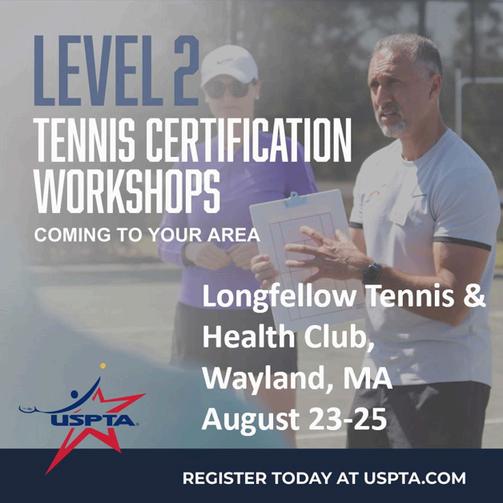
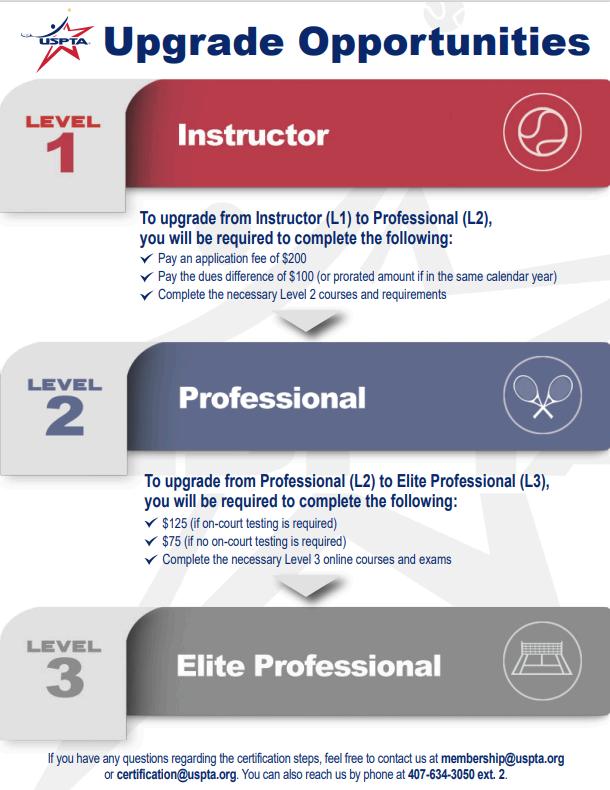


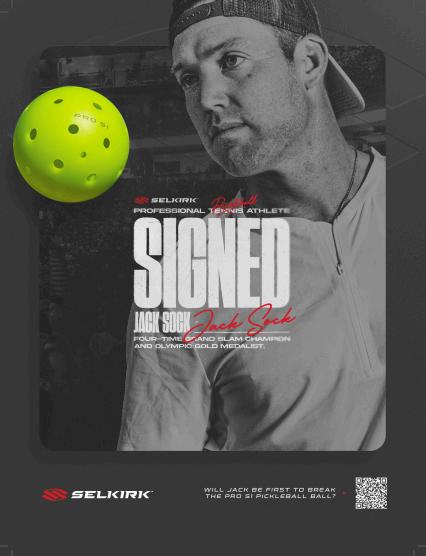

The USPTA is excited to introduce a new Pickleball Certification that will be available to new members and existing USPTA coaches. This means that a person, who wants to get certified to teach pickleball, does NOT need to already be a certified USPTA Professional. This certification provides comprehensive and modern training in pickleball coaching, and is modeled after our successful tennis certification protocols. The program has been designed with the assistance of pickleball experts and teaching professionals.
POTENTIAL days, times, and general locations of upcoming pickleball certification workshops are given below. Click here to provide feedback on the dates given below. Click here to learn more about pickleball certification.
CT - Saturday, August 24th, 3:00-7:00 pm
CT - Sunday, December 15th, 3:00-7:00 pm
MA - Sunday, September 8th, 3:00-7:00pm
ME - Sunday, October 13th, 3:00-7:00 pm
NH - Sunday, November 10th, 3:00-7:00pm
RI - Sunday, September 29th, 3:00-7:00 pm
VT - Saturday, October 26th, 3:00-7:00 pm
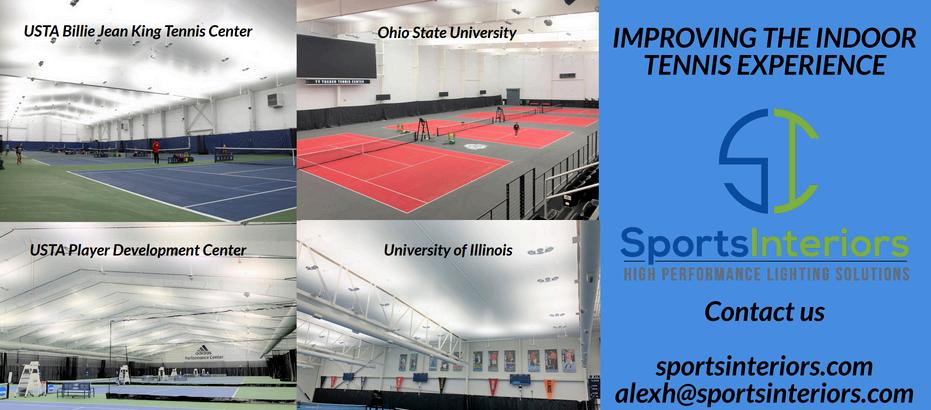

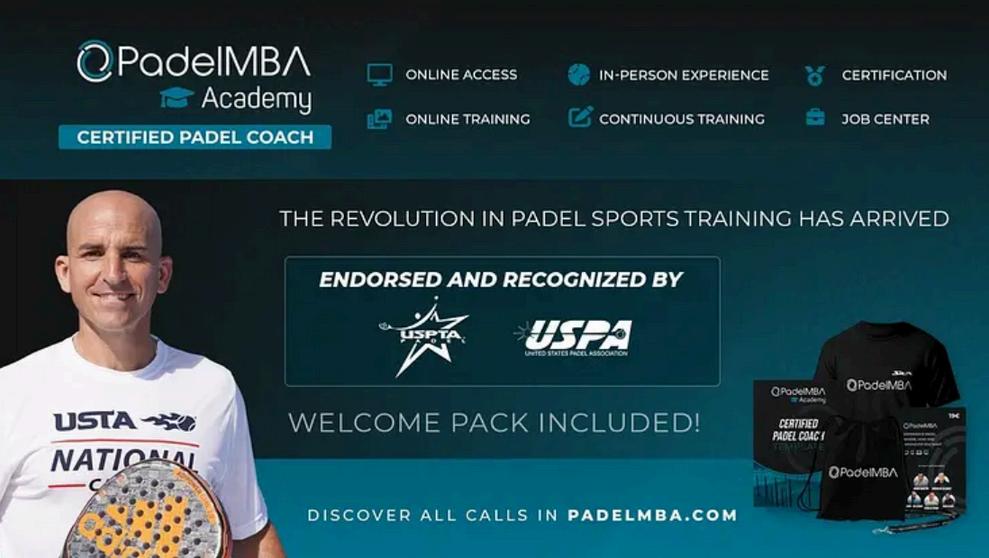


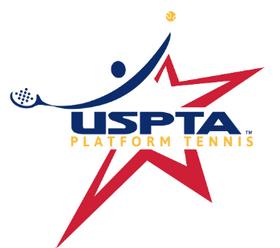
In April 2015, the USPTA Executive Committee voted to incorporate the Professional Platform Tennis Association into the USPTA.
USPTA Professionals and New Members to the organization can be considered for this certification. Key points:
Members already certified in Tennis are required to select a certification package (see graphic below) along with registering for platform certification.
New Members, not yet certified in Tennis, will need to pay a pro-rated portion of yearly membership fees when signing up, as well as selecting a certificating package (see graphic below).
All applicants (tennis or platform) will receive full benefits once they are certified. The platform certification category will be managed by the Platform Committee.
Platform certification tests will be conducted by USPTA certified Platform Coach Developers.
(above information is from the USPTA national website) For more information, click here


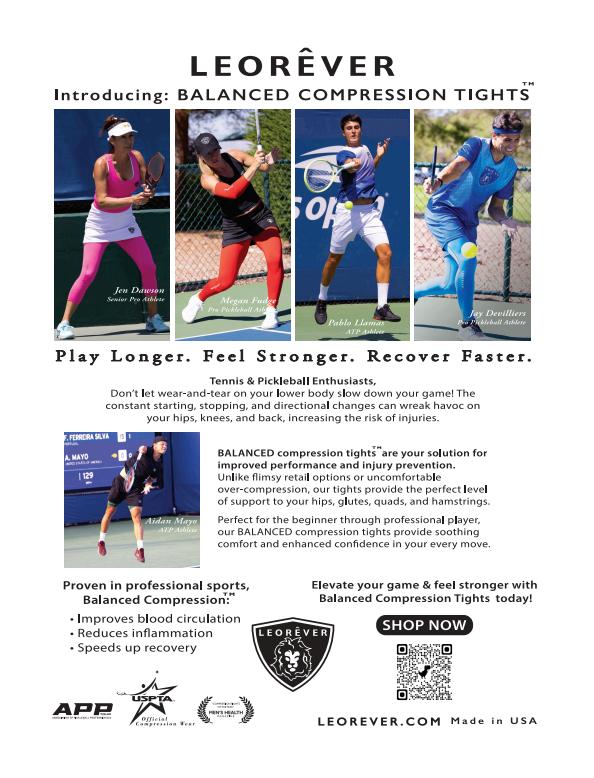
by Mark McMahon; USPTA Master Professional, Founder & President McMahon Careers
Last year, I read over 500 resumes of tennis professionals. The resumes belonged to professionals of every age, and experience level. Most were intent on being hired into the role of a Director of Tennis or Director of Racquet Sports and were in the process of applying for a job. Some belonged to professionals who intended to apply for a job soon. Most of the resumes included an opening paragraph of some type, where the professional summarized their professional experience, and it was written in the third person.
When your resume is received by a Club Manager, a Search Firm, a Search Committee Chair, or Human Resources Director, it is usually attached to an email, or uploaded to a website, along with the requisite cover letter. Your cover letter should not be a repeat of your resume; however, both are designed to accomplish one objective which is, get you an invitation to interview.
A first interview is usually done over the phone, sometimes by video, and possibly even through a questionnaire where you will be asked to respond to a bank of questions related to the job. While an interview of any type demands a set of skills different from those needed to present yourself via a resume or cover letter, all require one consistent strategy to succeed – your ability to create a vision. Add to this, it’s my experience that if the candidate does not grab the attention of the reader within 15 – 20 seconds, the other accompanying document (resume or cover letter depending on which is read first) may never even be read.

Successful applicants quickly create a vision of how the program will look and serve the members’ needs and expectations with the applicant as the new Director.
Many considerations go into the decision of deciding who to interview for any job. This can include the career-phase of the candidate, different types of career experiences, the degree of relative-experience, professional and personal reputation, previous clubs worked, and the candidate’s public profile on social media. Your resume and cover letter, however, is your first chance to begin to sell the dream of you running the program, and a critical part of success within this first round of the selection process.
continued
The title of this article was inspired by the title of an article I recently read that was written by personal branding and communication expert Bruce Turkel. In his article titled: “Selling The Dream 1965 and Today”, Bruce walks his reader back to Miami Beach in 1965 where his father built the first residential condominium in the United States. Among the many lessons shared with Bruce by his father was that he always wanted to sell his condo apartments as early as possible in the project’s lifespan. Bruce figured the reason was to get as much money as quickly as possible but his Dad said it was because he always preferred to sell the dream. As his dad explained it, his best opportunity to sell an apartment for the highest price was to walk his potential buyer through a construction site and show them where they’d live, how close they’d be to shopping, tennis courts, and the beach. He’d show them where they’d park and where their grandchildren would sleep when they stayed over.
But once the apartment was complete, the conversations would become more prosaic. One couple wanted gold shag carpeting. The next buyer hated gold. One couple wanted a tile kitchen. The next wanted butcher block. Some people insisted on bathtubs. Other people only wanted showers because they couldn’t step over the bathtub rim.
So, what’s an easier sell? Painting the picture of where the new buyers are going to tuck in their adorable grandchildren? Or debating the value proposition of Corian versus Formica countertops? When put in those simple terms, the advantages of selling the dream becomes clear. In his article, Bruce Turkel maintains the belief that people are more likely to find affinity with the dream.
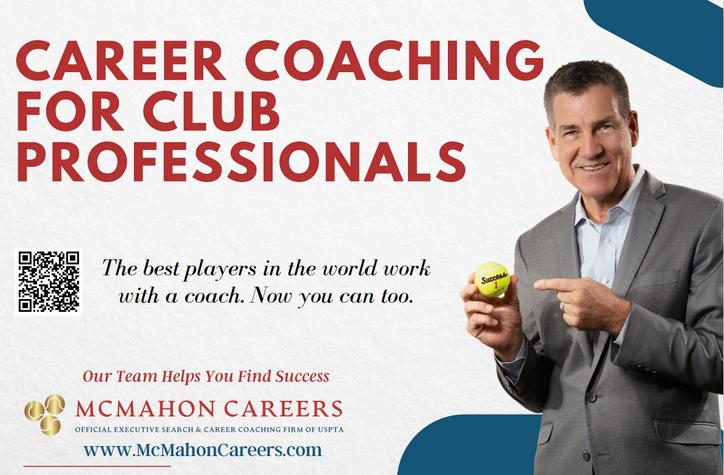
continued
Getting hired for a particular job requires the successful navigation of many different phases of the hiring process. To connect to the example of Bruce’s Dad selling his condos, there will be a phase in the hiring process where the Manager or Search Committee’s preferences for “gold carpeting, tile kitchens and a shower over a bathtub” will become more relevant and it is at this the time when your authentic, real experiences and skills must come to the fore. At this stage of the hiring process the successful candidate, through storytelling about past experiences, must demonstrate an ability to deliver “shag carpeting” in many different colors, and both “tile and butcher-block” in the kitchen –if that is what the role requires. This stage of the process is called the personal interview and is when a selection is made from among a small number of final candidates. Ultimately, at this stage of the interview process, it is most often very small differences between the candidates and the personal preferences of those making
the selection that drive a final decision. During the earliest phase of the process, however –when submitting a resume and cover letter, take a page out of Bruce’s Dad’s playbook and provide a vision of you as the Director. To secure that interview, it’s my experience that you must first sell the dream.
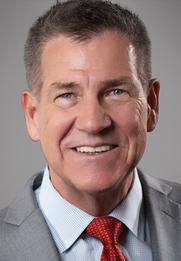
Mark McMahon: Recognized and awarded by his tennis industry peers, Mark has been acclaimed as an astute and insightful Search Consultant and Coach, and his firm McMahon Careers has had the opportunity to guide some of the country’s most prestigious clubs in hiring a Director of Racquets to lead their programs to greatness.
In 2020, Mark launched the Certified Racquet Sports Executive program, an intensive 10-module coaching and experiential developmental program. Now in its fourth-fully subscribed year, the program is aimed at guiding racquet sports professionals through the process of managing, leading, and directing private club programs more effectively, more professionally and more confidently

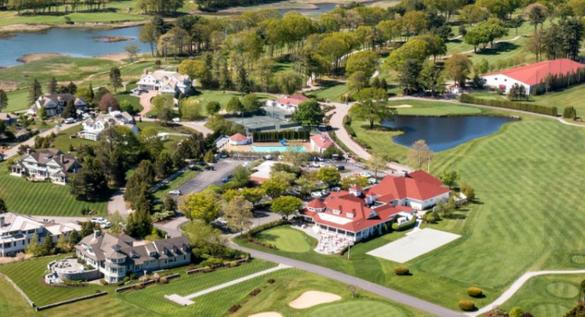
Wentworth by the Sea Country Club is a beautiful year-round country club in Rye, NH. The club consists of an 18-hole golf course, four outdoor har-tru tennis courts, four indoor cushioned hard courts and two platform tennis courts, along with a swimming pool and dining facilities.
We are looking for a full-time assistant tennis teaching professional who meets the following criteria:
Certified tennis professional with a minimum of three years of full-time teaching experience and at least a 4.5 playing level
Expected to teach a minimum of 25-35 hours weekly, over half of which will be provided through adult team practices and junior clinics
Will be responsible for building a private lesson base
Weekly teaching schedule is Sunday through Thursday with optional / special event hours on Friday/Saturday Reports to the Racquets Director and Head Professional Ability to teach pickleball and / or platform tennis is a plus.
Benefits include: a base salary, hourly teaching rate, health insurance, meals, and golf privileges.
Position begins September 1.
Submit resume and a brief cover letter explaining your skill set and your interest in the position to Chris Stevens at cstevens@wentworthbytheseacc.com
P.S. Read the article immediately before this post!

